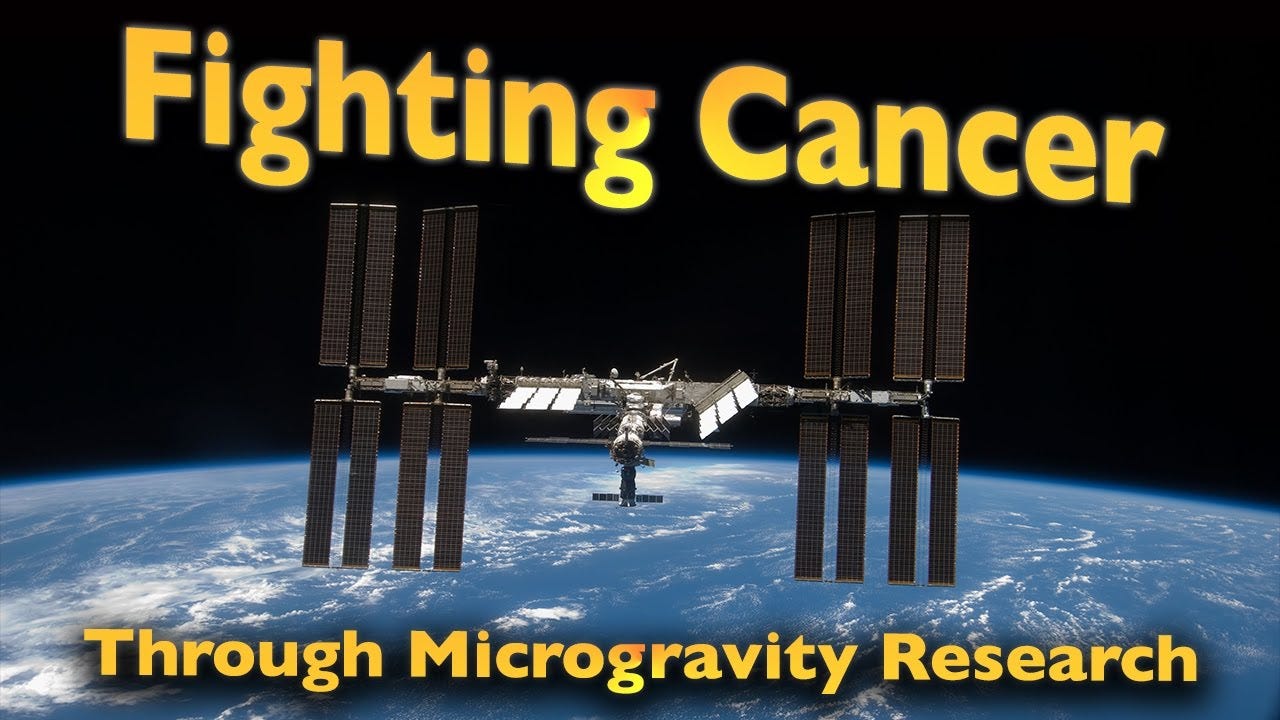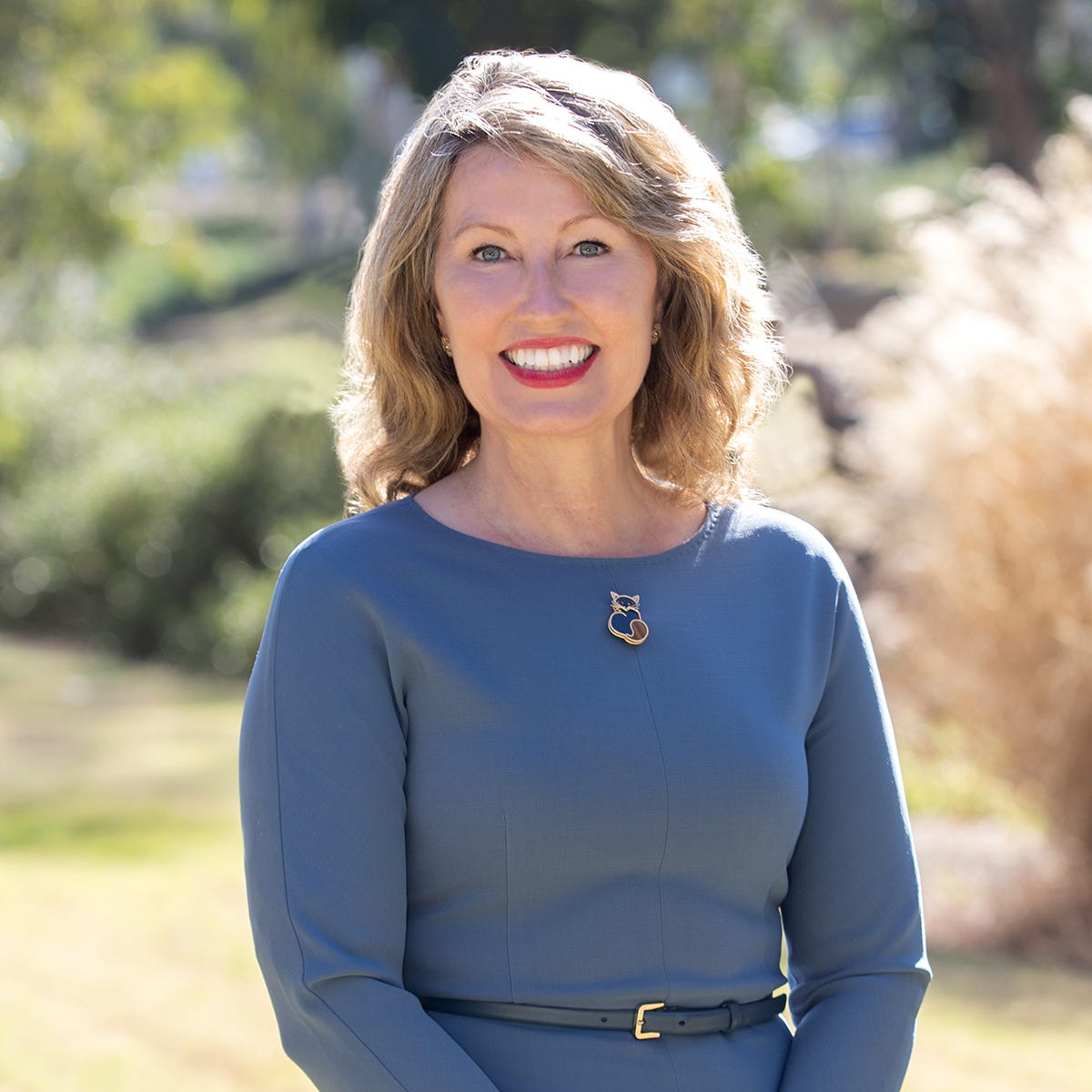Dr. Catriona Jamieson is a hematologist and director of the Sanford Stem Cell Institute at UC San Diego. She also is trying to accelerate cancer research by:
Launching tumors and stem cells into space.
Not to get rid of them. We are, as a culture, quite beyond that. Instead, working with NASA, SpaceX and other companies, Jamieson's lab has been sending bioengineered "organoids" containing human cancer cells to the ISS. Happily, the results have been interesting and, dare I go there, otherworldly.
Here on mundane old Earth, the task of tracking the evolution of cancers can be slow, sometimes taking years, but in space?!??! Jamieson has observed some tumor growth rates tripling in just 10 days - a process that could take over a decade in normal gravity.
"The cancer's just taking off like a rocket, it's just blasting off," she really said. Maybe with a smile?
The enhanced timescale in zero G appears to trigger key processes like how cancer stem cell genes activate and interact with normal stem cells. The advantages of space-based research extends into testing new drums. On some missions, Jamieson's lab conducts tests on biologic compounds developed to block the spread of certain types of cancer.
"This is the first time space has ever been used in the development of a drug for cancer. Period. Full stop," notes Jamieson. "We know we can do protein crystallography more effectively in space. But I think the active pharmaceutical ingredient development process could be accelerated by space as well."
Looking forward (and upward) we can begin to anticipate an era of space-based cancer R&D slashing costs and drug development times.
For an field often attacked with “moonshot” endeavors, it may be on the way to the moon that provides a uniquely and effective environment for defeating one of humanity's most stubborn foes.






